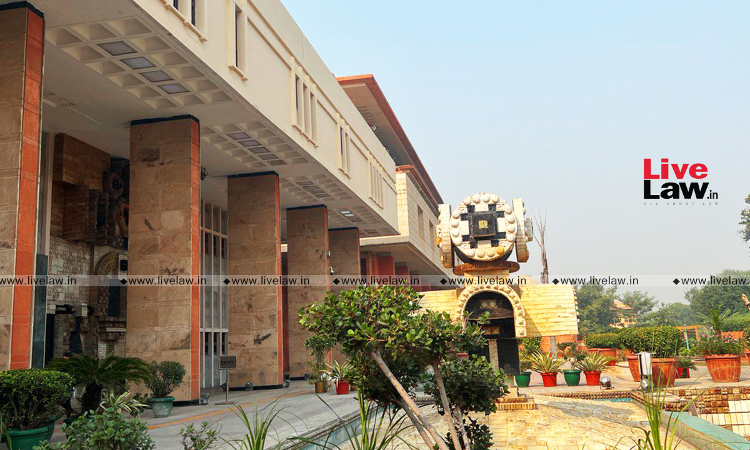The Delhi High Court has accepted the returned income for 12 years as the limitation period to pass a fresh assessment order has expired.The bench of Justice Rajiv Shakdher and Justice Girish Kathpalia has observed that the time limit fixed as per Section 153(2)(A) of the Income Tax Act or the time limit fixed by the amended provision, i.e., Section 153(3), as of today, the AO is bereft...

